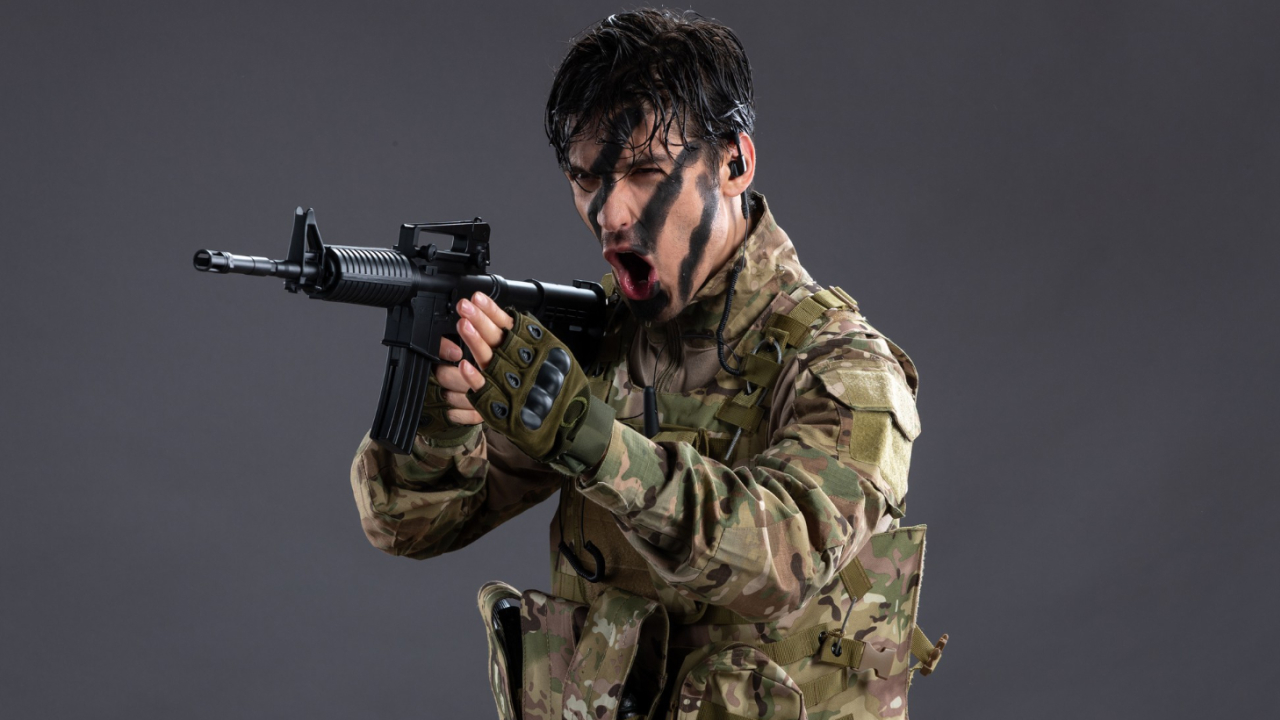BB (Bead) pistols are airsoft (or pneumatic) pistols designed to fire pellets. These powder-free weapons can become dangerous firearms if used improperly. The term “BB” refers to the pellet in BB pistols, meaning a ball bearing or “bullet ball” — a round pellet about the size of a single buckshot from a shotgun shell. The gun can fire these pellets at high muzzle velocities.
Although some people treat BB pistols as toys, these pistols can sometimes be very dangerous. They can cause serious injury, even death. The U.S. Consumer Product Safety Commission (CPSC) has issued a safety warning about BB pistols, cautioning consumers that they can be lethal because of their high muzzle velocities. According to the CPSC, BB pistols cause about four deaths per year. Still, BB pistols are subject to far fewer restrictions than real firearms.
When the need for BB pistol laws is debated, BB pistol owners often invoke the Second Amendment to the U.S. Constitution; that amendment states, “the right of the people to keep and bear Arms shall not be infringed.”
If you have been injured by a BB pistol, you may wish to contact a nearby product liability attorney. An attorney can evaluate whether you have a valid claim. If you do, they will represent you through the legal process and seek fair compensation for your injuries.
If you are charged in a crime involving a BB pistol, be sure to contact a criminal defense attorney near you.
Are BB pistols legally toys or firearms?
There has been debate over whether people should treat BB pistols as toys or as real firearms. One reason that distinction matters is that BB pistols often closely resemble real firearms. Criminals sometimes use imitation firearms in bank and personal robberies. If police do not find a real firearm on them, the criminals may assume they will face lesser consequences.
Over the years, there have been incidents in which law enforcement officers mistakenly believed BB pistols and pneumatic guns were real firearms, with tragic outcomes. As a result, Congress passed a federal law in 1989 requiring all toy guns to have an orange tip. These orange tips help distinguish them from real firearms. The logic is to prevent police officers from mistaking toy guns for real weapons.
State laws and local ordinances regulate the sale and use of BB pistols in public places. These laws are discussed below together with federal BB pistol laws.
BB pistols that fire plastic or aluminum pellets by various means — such as compressed air or an electric system — may or may not be classified as firearms and therefore may be prohibited or not.
Although “soft air” type weapons — which are toy-like — are officially not powerful enough to be classified as firearms (they are typically very low-powered and generally designed to fire plastic/aluminum pellets), there are more powerful BB pistols that could be considered firearms; possessing, purchasing, or acquiring such weapons without a valid firearm certificate (license) is a crime.
Having a BB pistol that looks like a real firearm in a public place — regardless of the gun’s power — may constitute the offense of possessing an imitation firearm. See Q329 for more information on imitation firearms.
If you are unsure whether your BB pistol is legal, you can contact the firearms department of your local police department for guidance.
